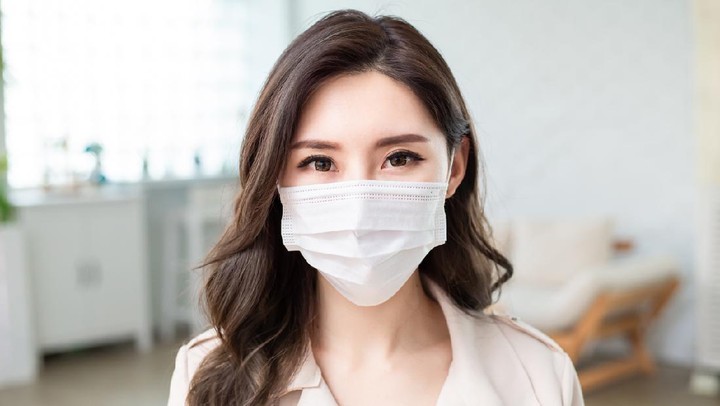everydayessentials-life.com – Infectious diseases can cause health problems ranging from trivial to serious. For this reason, the best way to maintain health is to prevent infections from coming, especially for those of you who have a weak immune system sbobet.
How to prevent infection through daily habits
Did you know that transmission of infectious diseases can occur anytime, anywhere, and through any medium, even from things you are not aware of? This is why preventing everyday infections starts with the small things you do every day.
Here are various habits that you can practice.
Wash your hands regularly
Hands are the part of the body most frequently used in daily activities. Starting from spending money, holding a doorknob, to shaking hands with people you meet can make your hands no longer sterile. In fact, microbes that cause infectious diseases will continue to stick to your hands until you clean them. Invisible bacteria make your hands look clean so you eat straight away without washing your hands first.
As a result, stomach ache, diarrhea and other digestive problems can attack you. As a way to prevent the spread of infections that come from your hands, you need to implement the habit of washing your hands. For optimal infection prevention, try to wash your hands with soap for 20 seconds. Clean all parts of your hands from the palms and backs of your hands to between your fingers and nails. Rinse with running water and dry your hands using a clean dry tissue or cloth.
Use a mouth mask
The air you breathe every day is not free from bacteria, viruses and parasites that can enter and attack your immune system. Especially if you often use public facilities. Covering the nose and mouth with a mask is an effective way to prevent the spread of bacterial infections, viruses and other microbes that can cause disease.
Transmission of disease in transport and public places can occur very quickly, especially if you are next to a sick person who is sneezing or coughing. This method is also generally a way of transmitting several respiratory diseases caused by viruses, such as flu and COVID-19. Viruses released when coughing or sneezing can be inhaled, making you infected with the disease. To prevent infection from close contact in public places and closed spaces, protect yourself by using a face mask.
Don’t share personal items
Toothbrushes, towels, handkerchiefs and cutlery are personal items that should not be lent to other people. Using them interchangeably can make these items a source of transmission of infectious diseases. Even though the person who wants to borrow looks healthy, you can never know someone’s health condition from the outside. Likewise, you can also spread disease because of the habit of sharing eating utensils with other people.
Therefore, using personal items without lending them to others is an important habit to implement to prevent infectious diseases. This habit is not only useful for protecting your health, but also preventing the spread of infection to other people around you.





